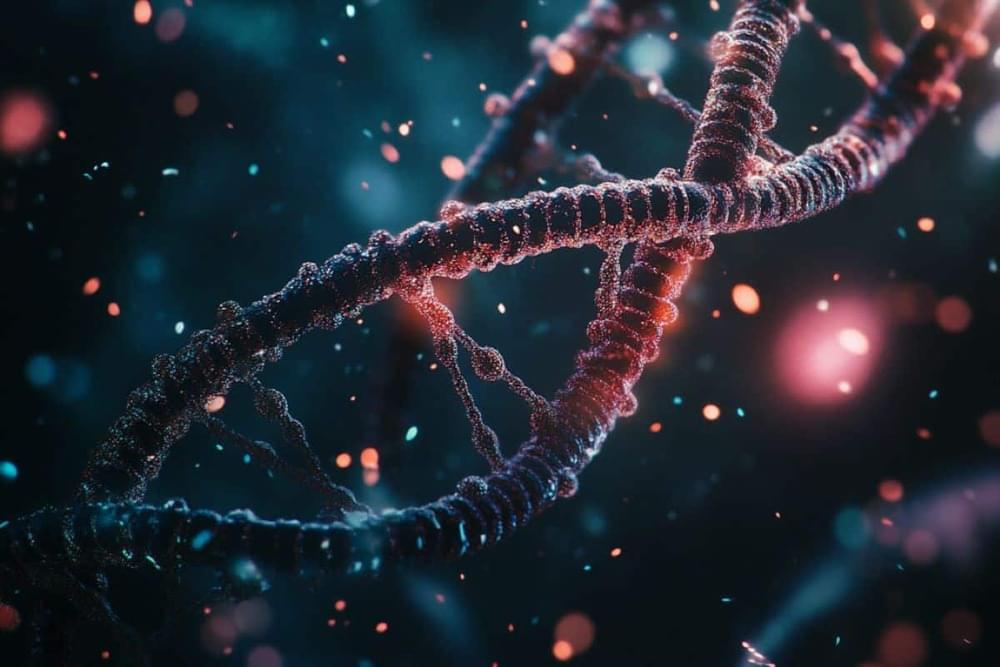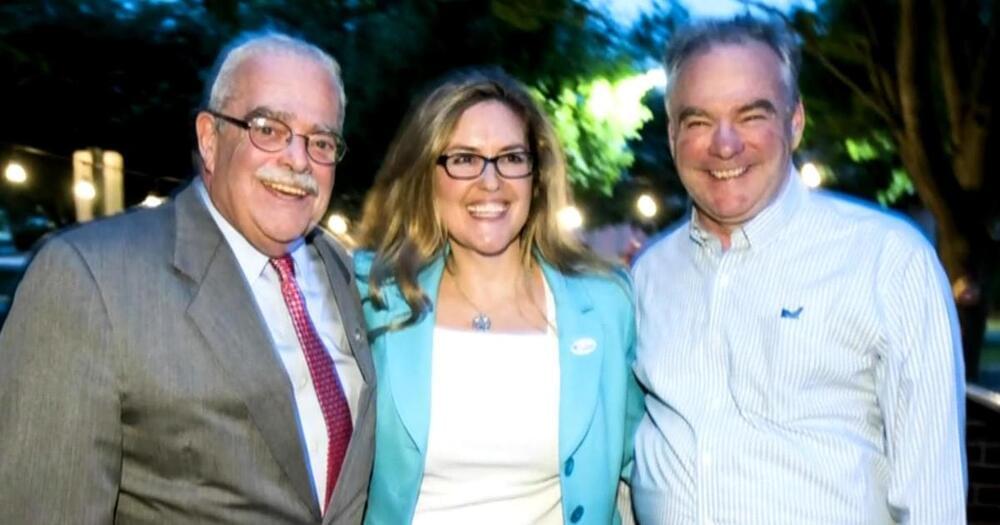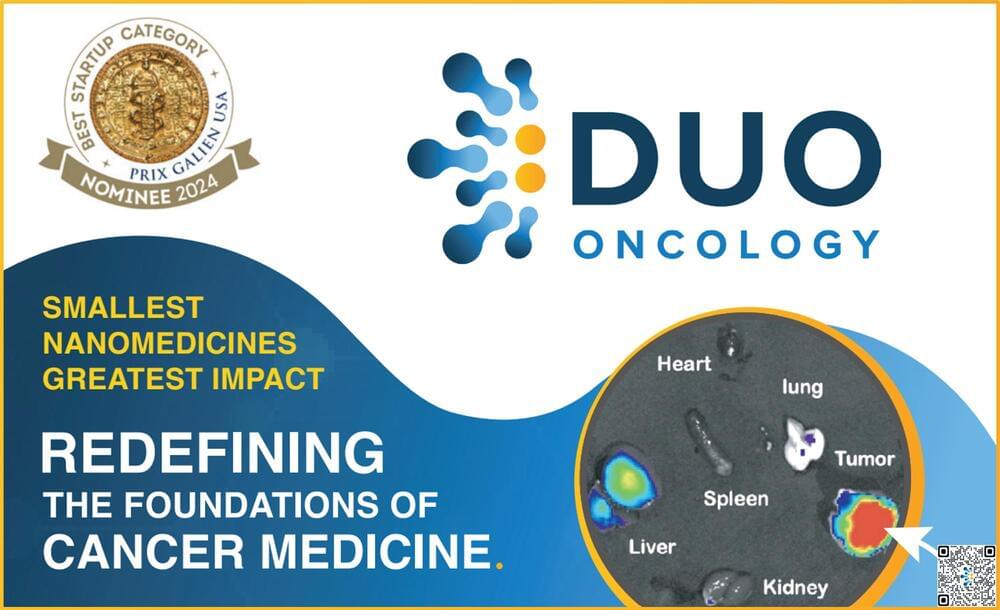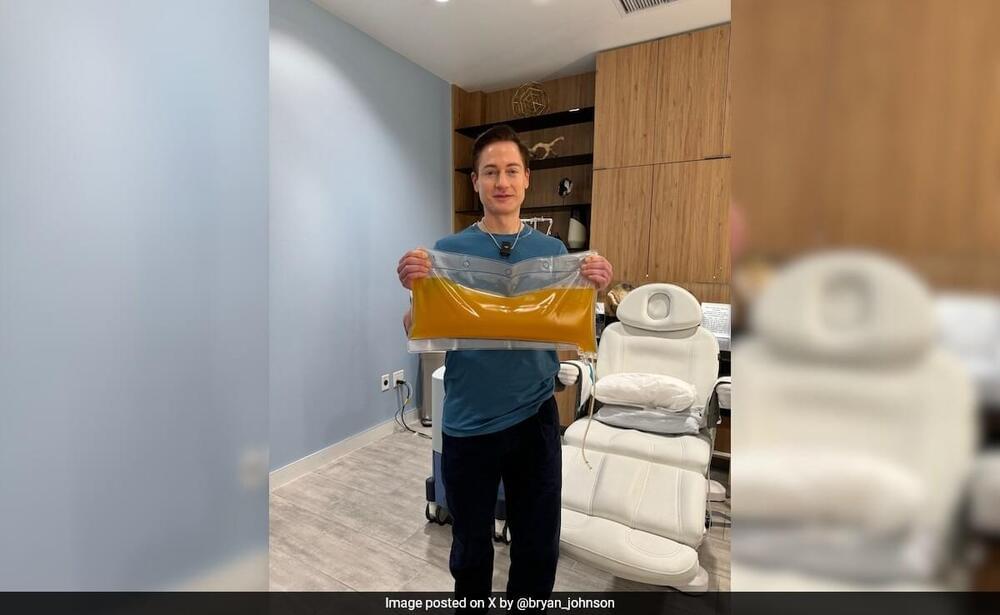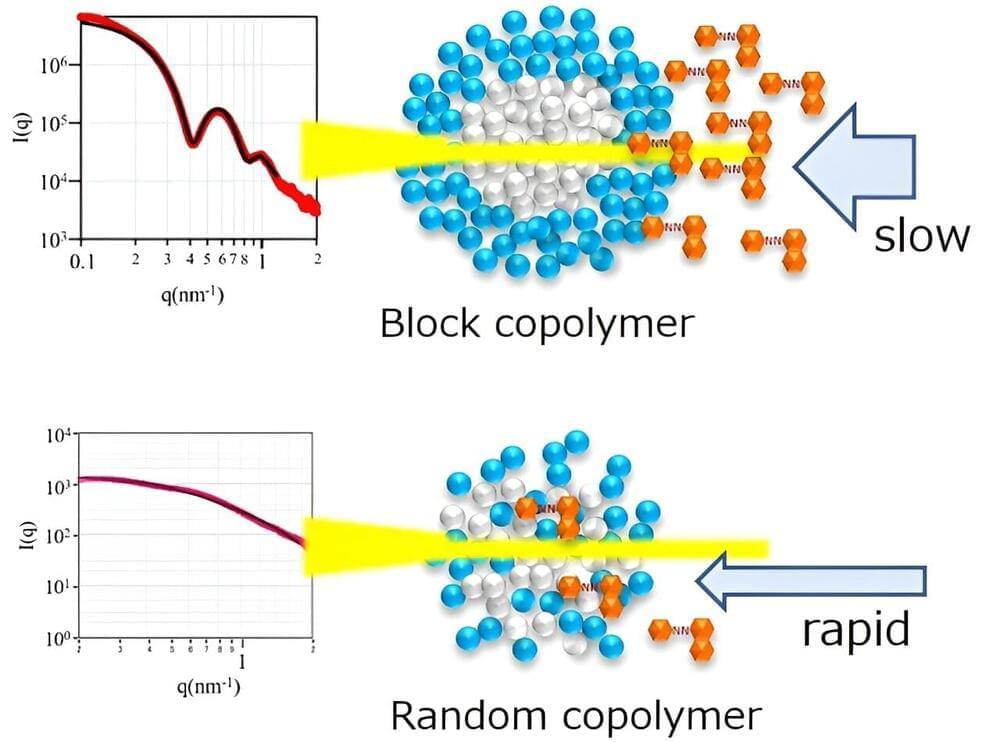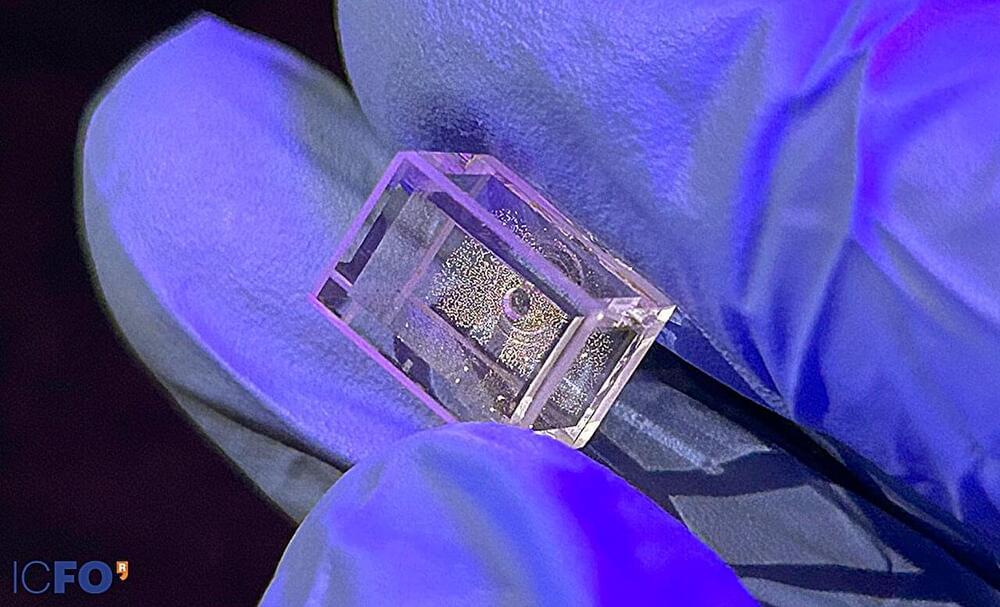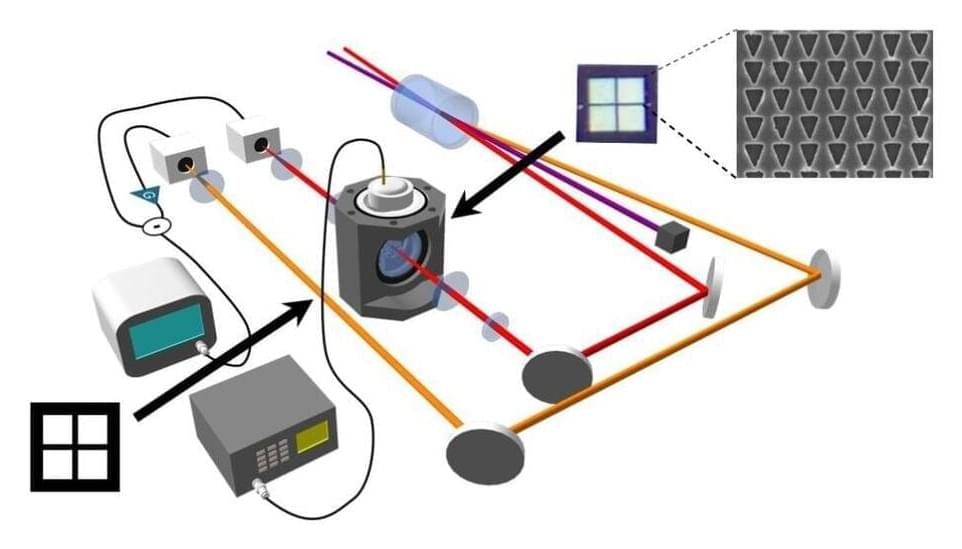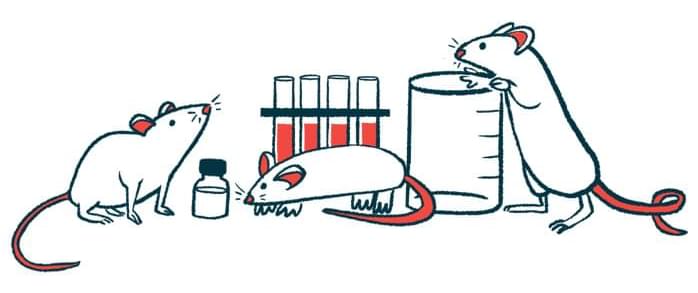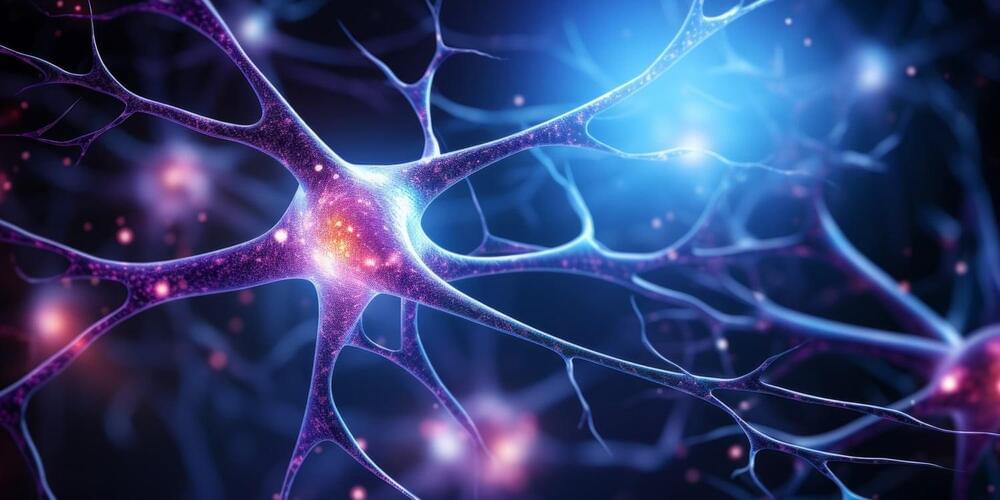Fortunately, the past decade has experienced a boom, with over 200 startups bringing novel cancer therapies—primarily antibodies, viruses, or cells—into clinical trials aiming to find alternatives to toxic chemotherapy. Despite these innovations, chemotherapy remains an essential yet toxic part of cancer care. In Pittsburgh, a small team of scientist-entrepreneurs and oncologists started meeting every Friday morning before work, collaborating to search for a new chemistry, one that could replace toxic chemotherapies. Their search soon focused on compelling research about novel ultra-small nanomedicine chemistry that carried potent drugs deep into solid tumors while sparing healthy organs.
This new nanomedicine chemistry fascinated Dr. Sam Rothstein, a scientist-entrepreneur with 20+ years of nanomedicine research experience spanning academia and industry. “We could make a real positive impact on patients,” says Rothstein. “We know that nanomedicines, which keep potent therapies out of healthy organs, improve quality of life. But this novel ultrasmall chemistry could go even further, saving lives by reaching remote cancer cells that current therapies can’t touch.”
Dr. Rothstein set to work building a new company, calling on connections made over a 10+-year career as a life science startup CEO and CSO, where he founded and grew two nanomedicine startups from academic discoveries. After months of market, regulatory, and business research, Duo Oncology was born.
